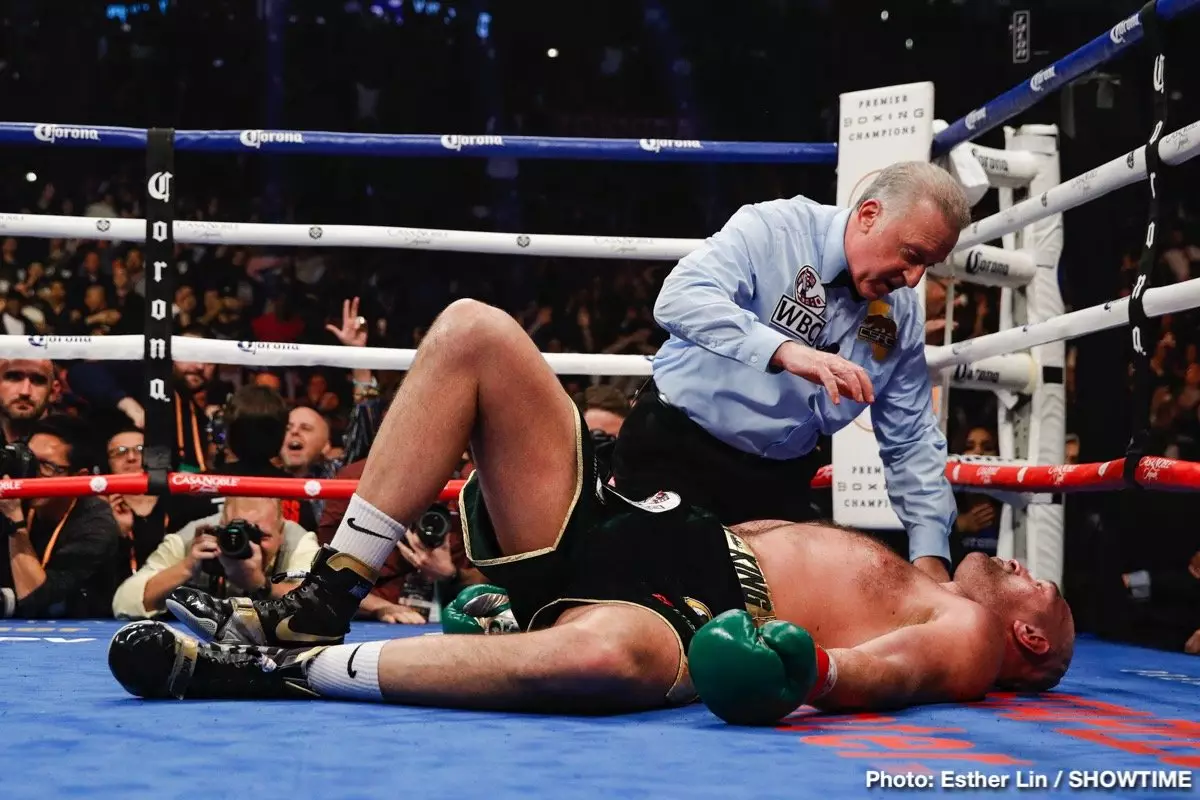In the world of competitive sports, few discussions ignite as much fervor as the debates surrounding judging outcomes. This is especially true in boxing, where one champion’s perspective, Tyson Fury, reveals a nuanced view on the matter. Ahead of his anticipated rematch with Oleksandr Usyk, Fury expressed skepticism regarding the concept of “robberies” in the sport, suggesting instead that these outcomes are largely determined by personal interpretations of each judge and spectator.
Fury’s assertion that different judges possess varying interpretations speaks to the inherent subjectivity in scoring a boxing match. Each judge views the bout from their unique vantage point and may prioritize different aspects, such as aggression, defense, or effective striking. For Fury, the fluctuation of opinions among judges is paramount; he believes that rather than unjust outcomes, we are instead observing the multifaceted nature of perception in sports. This presents an underlying complexity—what constitutes a clear victory to one observer may appear entirely different to another.
Take, for instance, Fury’s last fight against Usyk, which many fans deemed an uneven contest favoring Usyk. In this bout, while one judge awarded Fury the victory with a score of 114-113, the general consensus celebrated Usyk’s strategy and execution. This divergence in scorecards highlights not just the technical aspects of the fight but also the subjective nature of witnessing performance. Fury acknowledges this complexity while simultaneously avoiding discussion on the influence referees exert, a critical factor that can dramatically sway a fight’s outcome.
Despite his focus on judging, it would be remiss to ignore the role of referees—individuals tasked not only with enforcing rules but also with ensuring the fighters’ safety. Fury’s career has undoubtedly benefited from particular refereeing decisions, which raises questions about the reliability of officiating in critical moments. In his first bout against Deontay Wilder, Fury found himself saved by the judgment of referee Jack Reiss after being knocked down, remaining unconscious as he was counted out. Had the bout been stopped, history would paint a very different picture of Fury’s legacy, calling into question the reliability of decisions made in the heat of combat.
Moreover, Fury’s past encounters with referees in his fight against John McDermott exemplify the ambiguity inherent in judging. The 2009 contest, where Fury won via a contentious decision, serves as a reminder that a referee’s interpretation can sometimes overshadow the actual performance. Many spectators believed McDermott had edged the fight, leading to claims of an unjust outcome, often referred to in boxing parlance as a ‘robbery’.
An athlete’s narrative is often shaped not just by their victories but by how those victories are perceived—an element crucial to understanding the complexities surrounding figures like Tyson Fury. His confidence in claiming there are no true robberies becomes paradoxical when considering how these perception-driven outcomes can taint one’s reputation. For instance, repeated near-misses in scoring decisions can create a narrative of uncertainty. For Fury, who remains an elite heavyweight despite his controversies, understanding public opinion and fighting back against narratives of bias or luck becomes vital in bolstering his brand and legacy.
Fury’s comments elucidate the inherent difficulties both fighters and spectators face in assessing the outcome of a fight. As he aptly stated, “It’s just how an individual sees a contest and how they judge it.” This perspective illuminates a consideration often sidestepped in discussions of fairness: that personal biases, backgrounds, and experiences all interplay in the ring—and beyond.
In closing, Tyson Fury’s views invite us to reevaluate our assumptions regarding boxing decisions, encouraging discourse on the possible reformation of judging criteria and methodologies. As the sport continues to evolve, stakeholders from athletes to regulators may need to address the subjective and sometimes contentious nature of judging in boxing. By ensuring that clarity, consistency, and fairness take precedence, we can safeguard both the sport’s integrity and the champions who aspire to define it.


Leave a Reply